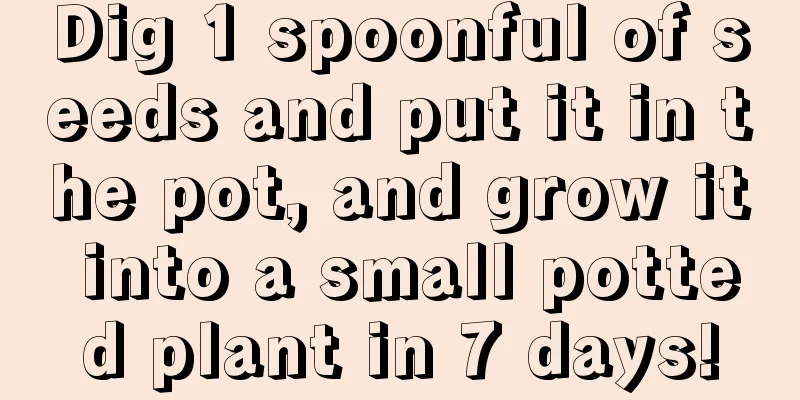Cultivation methods and precautions of Bauhinia

How to grow BauhiniasoilBauhinia prefers acidic soil and can tolerate barrenness, but it grows better in fertile soil. It requires loose and well-drained soil, and sandy soil is preferred. When transplanting Bauhinia, it is best to bring some soil to its roots and transplant it with the soil. Light and temperatureBauhinia bauhinia prefers an environment with plenty of sunlight and requires a warm growing environment because it is not very cold-resistant. In the process of growing Bauhinia, sufficient light needs to be ensured. However, Bauhinia is shade-tolerant. In the summer when the temperature is high and the light is strong, shade can be provided to prevent exposure. The suitable temperature for the growth of Bauhinia is between 23℃ and 34℃. The temperature for overwintering needs to be kept above 5℃. If necessary, the potted Bauhinia should be placed in a greenhouse or a warm room for the winter. Watering and fertilizingBauhinia prefers a moist environment, but avoid waterlogging. In spring and autumn, keep the water sufficient and water more frequently to maintain a certain humidity. In autumn and winter, the potted plants can be kept drier and watering should be reduced. It is best to water at noon in winter. Fertilization needs to be based on the growth conditions of the plant. Generally, liquid fertilizer can be applied 1-2 times during the growth period, and several times of decomposed thin fertilizer water can be applied after flowering. In autumn, you can apply some phosphorus fertilizer to promote flowering next year. Things to note when growing BauhiniapruneAfter the Bauhinia flower blooms, you can prune it, cutting off the overgrown branches, diseased branches, and weak branches, and keeping the old branches that bloom. In summer, you can pinch off the tips of the trees to promote the growth of flower branches and make the crown fuller. RepottingBauhinia is generally repotted every 2-3 years, usually in autumn. In autumn, you can combine repotting, root pruning, and replacing the culture soil. Pest controlBauhinia bracts may be attacked by diseases such as angular leaf spot and sooty mold, as well as pests such as aphids and large bagworms. |
<<: Cultivation methods and precautions of red banana
>>: Cultivation methods and precautions of peach
Recommend
How to propagate hydrangeas by bud grafting
Step 1: Bud cultivation In spring, keep the prune...
Add some ingredients to beer, Gardenia rose... blooms continuously for 8 months, and can bloom 100 flowers at a time!
Beer + vitamin B12, gardenias are big and white! ...
How to grow fairy finger to make it bloom
Flowering time of fairy finger It usually takes 1...
Cultivation methods and precautions of blue mustard
How to grow blue mustard Temperature and light Bl...
Jabuticaba planting methods and management
Jabuticaba is a typical tropical fruit tree speci...
When is the best season to plant blueberries?
Blueberry Planting Season and Time The planting t...
Where is it suitable to plant mulberries?
Mulberry growing area Generally, mulberries grow ...
How to propagate purple magnolia
Propagation of Magnolia liliiflora by seeding Pur...
What to do if cockscomb does not bloom
Why does cockscomb not bloom? Cockscomb looks lik...
How to grow pomegranate flowers
Pomegranate flower growing conditions Pomegranate...
What to do if the white palm has rotten roots
Is there any way to save the white calla lily if ...
Which month is suitable for planting beans?
When to plant beans Green beans can be planted in...
The difference between Michelia intoxica and Michelia sempervirens
What is Michelia intoxicans Michelia sempervivum ...
How to revive weak orchid seedlings and how to water them
1. Rejuvenation Methods 1. Remove from the pot an...
Onion Planting Time and Method
Onion Planting Time Onions are generally planted ...









